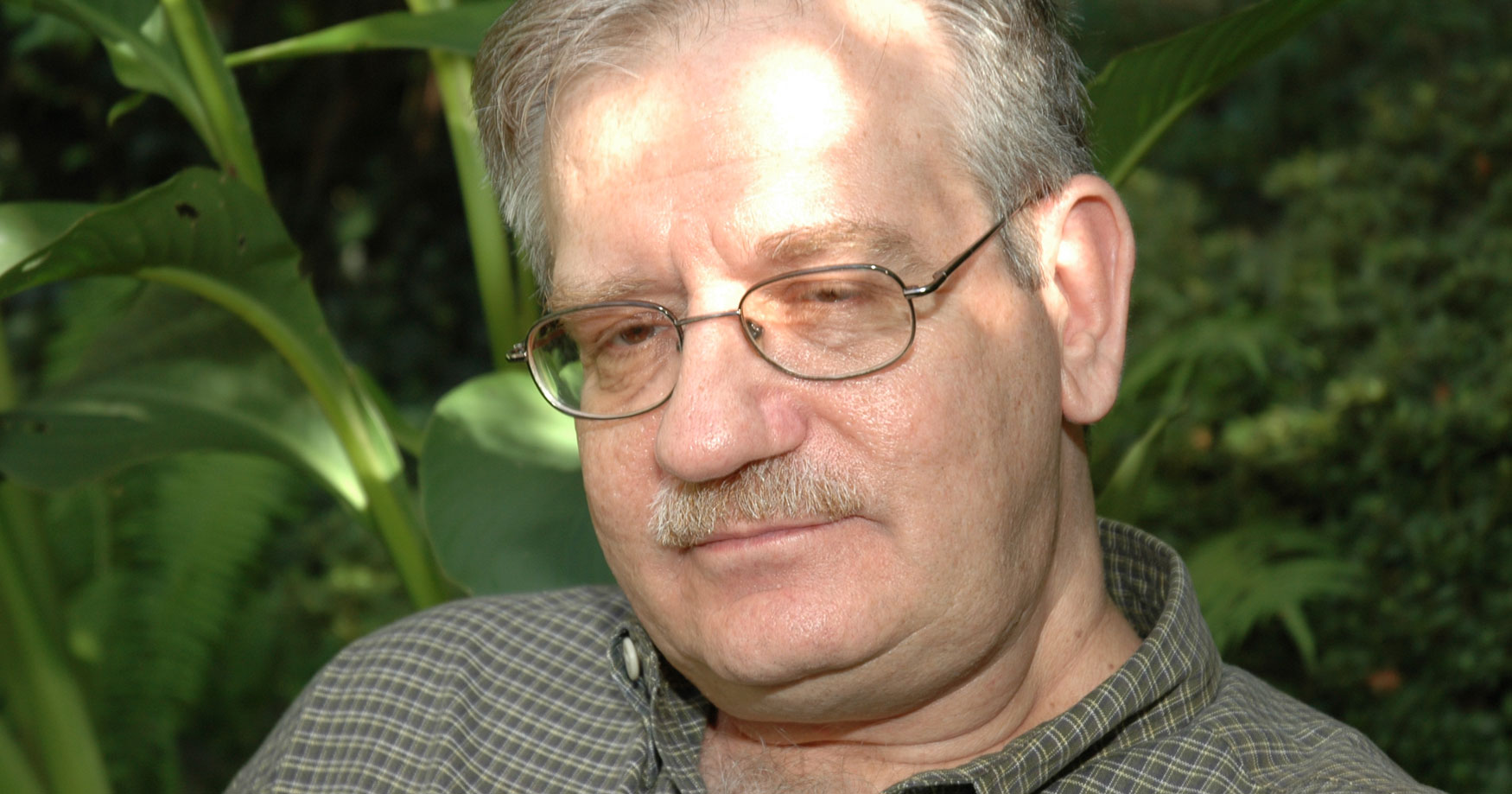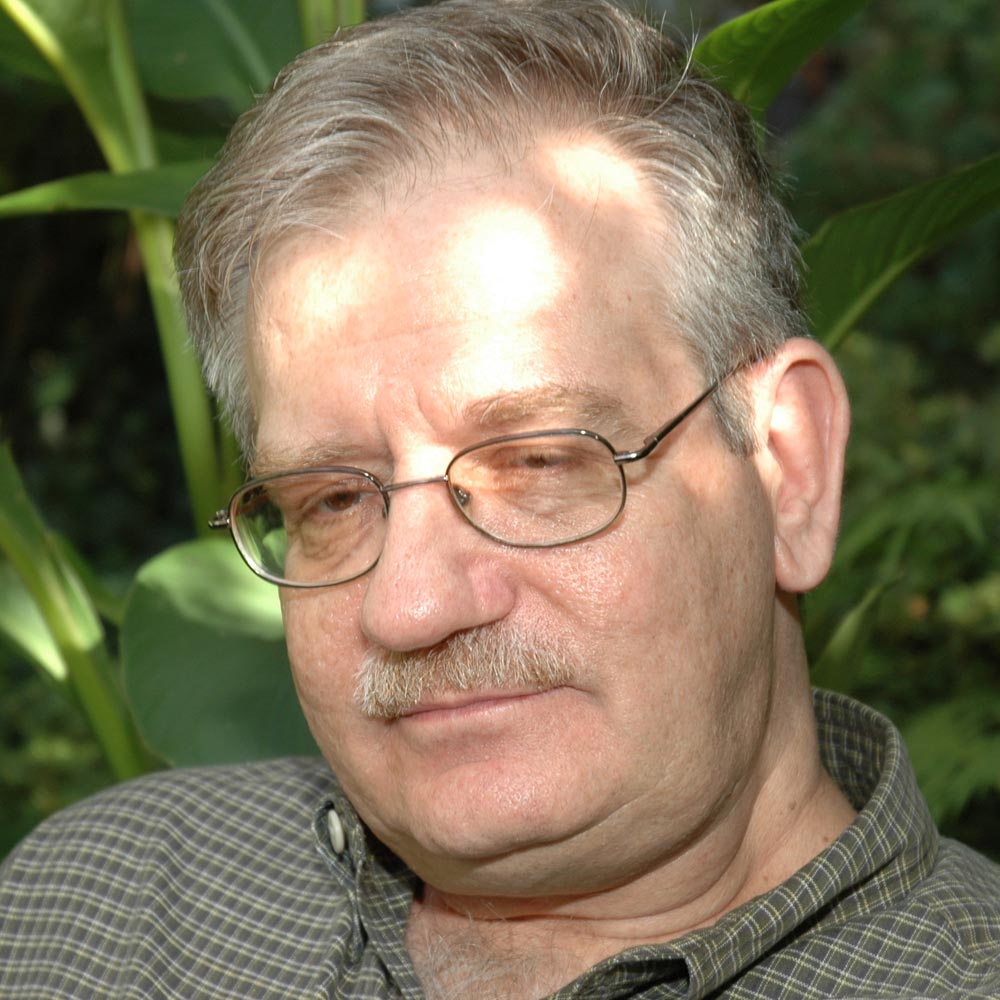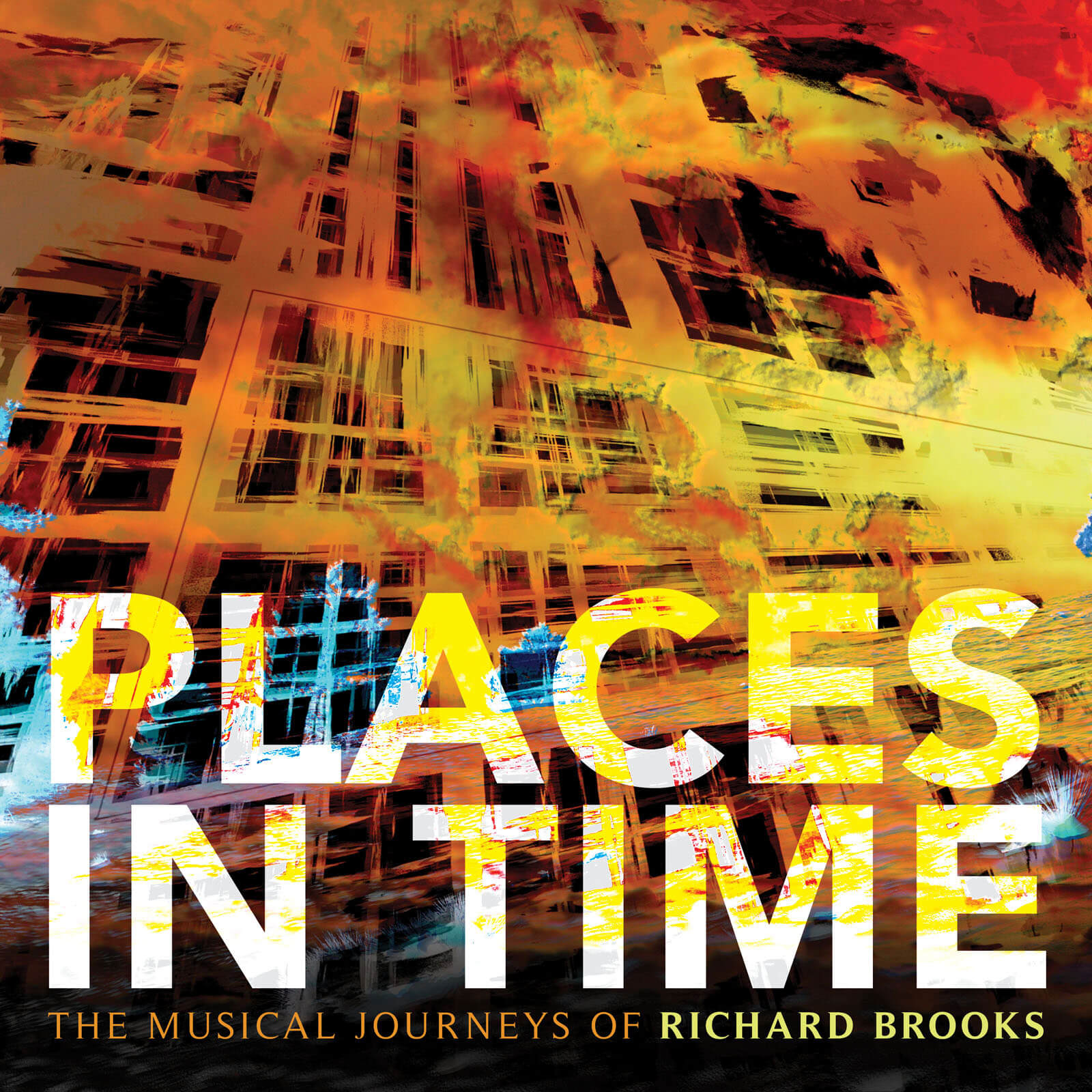
Richard Brooks is a native of upstate New York and holds a B.S. degree in Music Education from the Crane School of Music, a M.A. in Composition from Binghamton University, and a Ph.D. in Composition from New York University. From 1975 to 2004 he was on the music faculty of Nassau Community College where he was Professor and Department Chair for 22 years. From 1977 to 1982 he was Chairman of the Executive Committee of the American Society of University Composers (now the Society of Composers, Inc.). Among his many awards are a major grant in composition from the State University of New York Research Foundation and a Composer Fellowship from the National Endowment for the Arts and numerous Meet the Composer Awards. In 2004 he was awarded the SUNY Chancellor’s Award for Excellence in Creativity.
He has composed over 100 works in all media, including three operas, two symphonies, five string quartets, many choral and vocal works, and chamber music. Numerous performances of his music have been given at important festivals held at Memphis State University, Louisiana State University, Bowling Green State University, Florida State University, the University of Georgia, and the American Society of University Composers annual and regional conferences, as well as other venues throughout the United States and Europe.
Today, Richard is our featured artist in “The Inside Story,” a blog series exploring the inner workings and personalities of our artists. Read on to learn Richard’s three favorite cities for creative inspiration…
Who were your first favorite artists growing up?
The composers I first fell in love with are the usual suspects: Beethoven, Mozart, Bach, Sibelius, and later, Bartók and Stravinsky. I am also a great fan of Arnold Schoenberg who risked it all—“jumping off the tonal cliff”—by developing the 12-tone method, which revolutionized composition in the 20th Century.
When did you realize that you wanted to be an artist?
All throughout my childhood (and into early adulthood) I dabbled in various creative activities: painting, sculpture, theater, etc. – and, of course, music. I was fascinated by the look of music at an early age and gradually learned to make meaningful musical patterns. I slowly became a composer. I was helped enormously by three wonderful public school music teachers who nurtured and encouraged me.
What is your guilty pleasure?
Doing crosswords and other word games, watching Jeopardy on TV, and reading (especially science fiction/fantasy).
If you could make a living at any job in the world, what would that job be?
After finishing high school I entered the Crane School of Music at Potsdam College in upstate New York to earn a teaching degree. I loved the school and the musical saturation it provided, but I wasn’t that excited about teaching. However, when I did my student teaching stint I literally fell in love working with young musicians. I spent nearly 40 years teaching, first at the elementary and high school levels, and for 30 years as a college professor. I’ve enjoyed every minute of it!
If you could spend creative time anywhere in the world, where would it be and why?
If I could spend time creatively anywhere in the world I’d say Salzburg Austria. It’s the most beautiful small city I’ve ever visited. Second choice: Paris. However, I continue to find NYC an enormously stimulating place to live because of all it has to offer in the arts, and in new music in particular.
If you could instantly have expertise performing one instrument, what instrument would that be?
I studied the viola and violin for many years and got pretty good at it. However, I’ve always wished I was a better pianist. I never had the chance to take lessons when I was young enough. I’ve self-taught myself a fair level of technique, but it’s limited.
What does this album mean to you personally?
The music on this album spans a large portion of my compositional life; from c. 1970s through the 1990s. For anyone who might be interested, it provides an overview of my musical evolution. Personally, it means a great deal to me that PARMA Recordings has undertaken this project. I’m grateful for that.

Richard Brooks (b. 1942) is a native of upstate New York and holds a B.S. degree in Music Education from the Crane School of Music, Potsdam College, an M.A. in Composition from Binghamton University and a Ph. D. in Composition from New York University. From 1975-2004 he was on the music faculty of Nassau Community College where he was Professor and Department Chair for 22 years, supervising 13 full-time and c. 30 part-time faculty.

